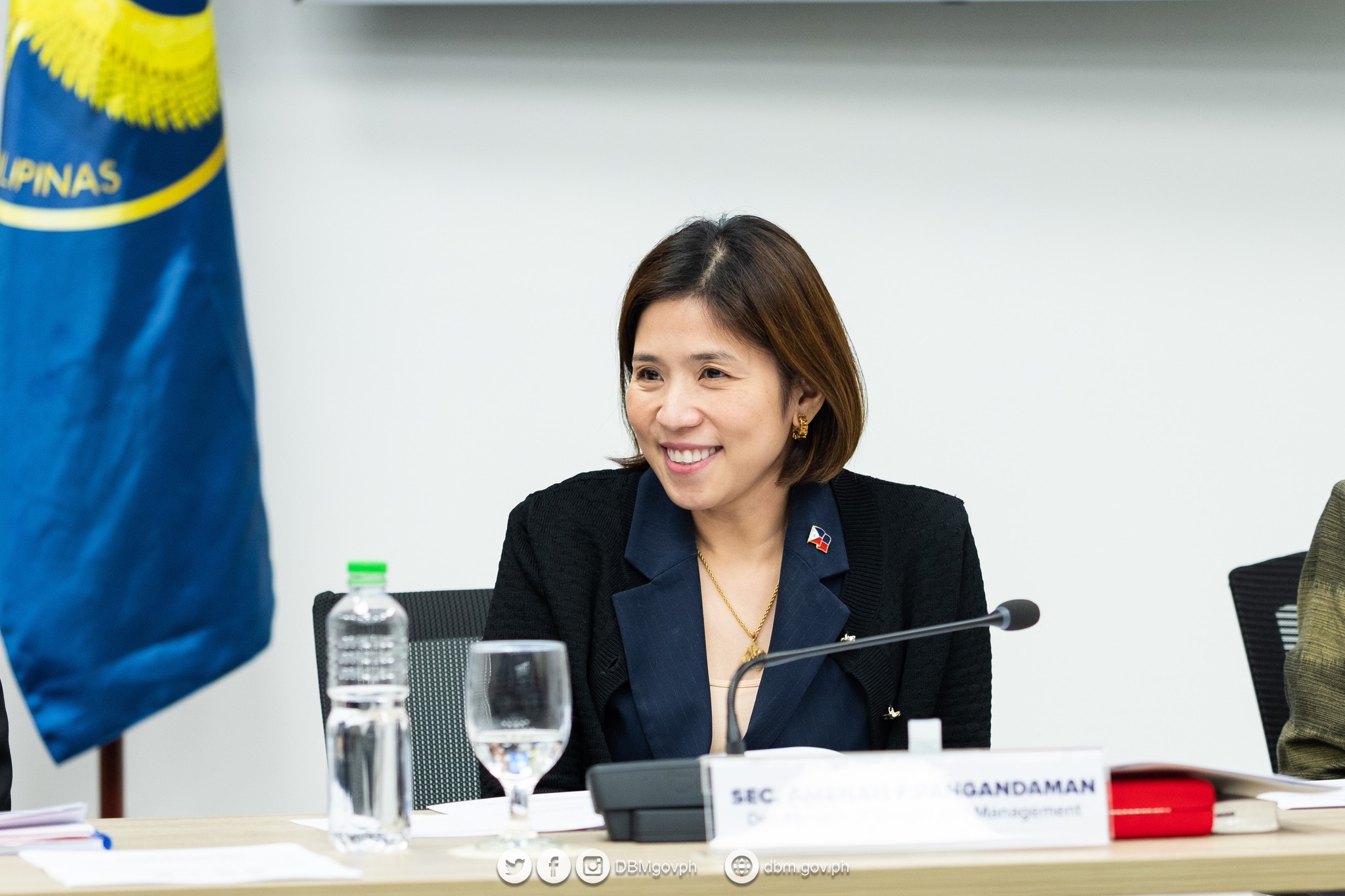News
PH one with UN in financing gender equality, women empowerment – DBM

Budget Secretary Amenah Pangandaman (File Photo: Department of Budget and Management/Facebook)
MANILA – The Philippine government has reiterated its commitment to financing efforts to address gender inequality and lift more women and girls out of poverty.
Speaking at the 68th Commission on the Status of Women’s (CSW68) first ministerial round table on Tuesday afternoon (New York time), Budget Secretary Amenah Pangandaman shared that Manila allocates a huge percentage of its national budget for this agenda.
“The Philippines remains a committed partner in contributing to poverty eradication, the acceleration of gender equality, and the empowerment of all women and girls, as reflected in our Philippine Development Plan 2023 to 2028 and Gender Equality and Women’s Empowerment Plan 2019 to 2025,” she said.
In 2022 alone, Pangandaman said, at least 24 percent of the national budget was used to implement various gender equality initiatives, including integrating gender-responsive elements into the country’s flagship programs.
Among the specific measures she highlighted was the Pantawid Pamilyang Pilipino Program (4Ps), a conditional cash transfer program now benefiting 4.4 million households, advancing access to education and health services, financial inclusion, and empowerment of women and girls.
“This (4Ps) has grown from having a budget of only USD5.37 million in 2008 to USD1.9 billion this 2024. Graduates of this program also undergo the Kilos-Unlad program to ensure they will not fall into poverty again,” she said.
She also mentioned the Small Enterprise Technology Upgrading Program or SETUP as an initiative that promotes a gender-responsive Philippine MSME sector.
With a USD1.33 million budget in 2023, the program helped business operations that led to the creation of 3,348 jobs for Filipino women.
On top of this, Pangandaman said, Manila continues to improve women entrepreneurs’ access to capital.
“In fact, 68 percent of those who accessed MSME loans were women business owners. This data supports the findings that more Filipino women use financial products and services than men,” she said.
The Philippines also provides scholarships to students in the secondary up to the postgraduate level to address gendered poverty by promoting science-based education.
These scholarships, Pangandaman said, aims to produce more female graduates pursuing careers in science, technology, engineering, and mathematics.
On health, she said the Philippines also invests on securing the well-being and nutrition of pregnant and lactating women.
A significant portion of the national budget, she said, is geared towards delivering socio-economic services that are culturally appropriate and sensitive to gender considerations, monitored through a gender budget tagging initiative.
“(T)he Philippines is one with the Commission on the Status of Women in recognizing and pushing for gender equality and the empowerment of all women and girls by achieving global poverty eradication,” she told the UN body.
The CSW is the largest annual event on gender equality and women’s empowerment, aimed at sparking important conversations among governments, civil society organizations, experts, and activists worldwide.
Among the activities of the CSW is a series of ministerial round tables, the first of which focused on the mobilization of financing centered on the policies and strategies to end poverty.





















